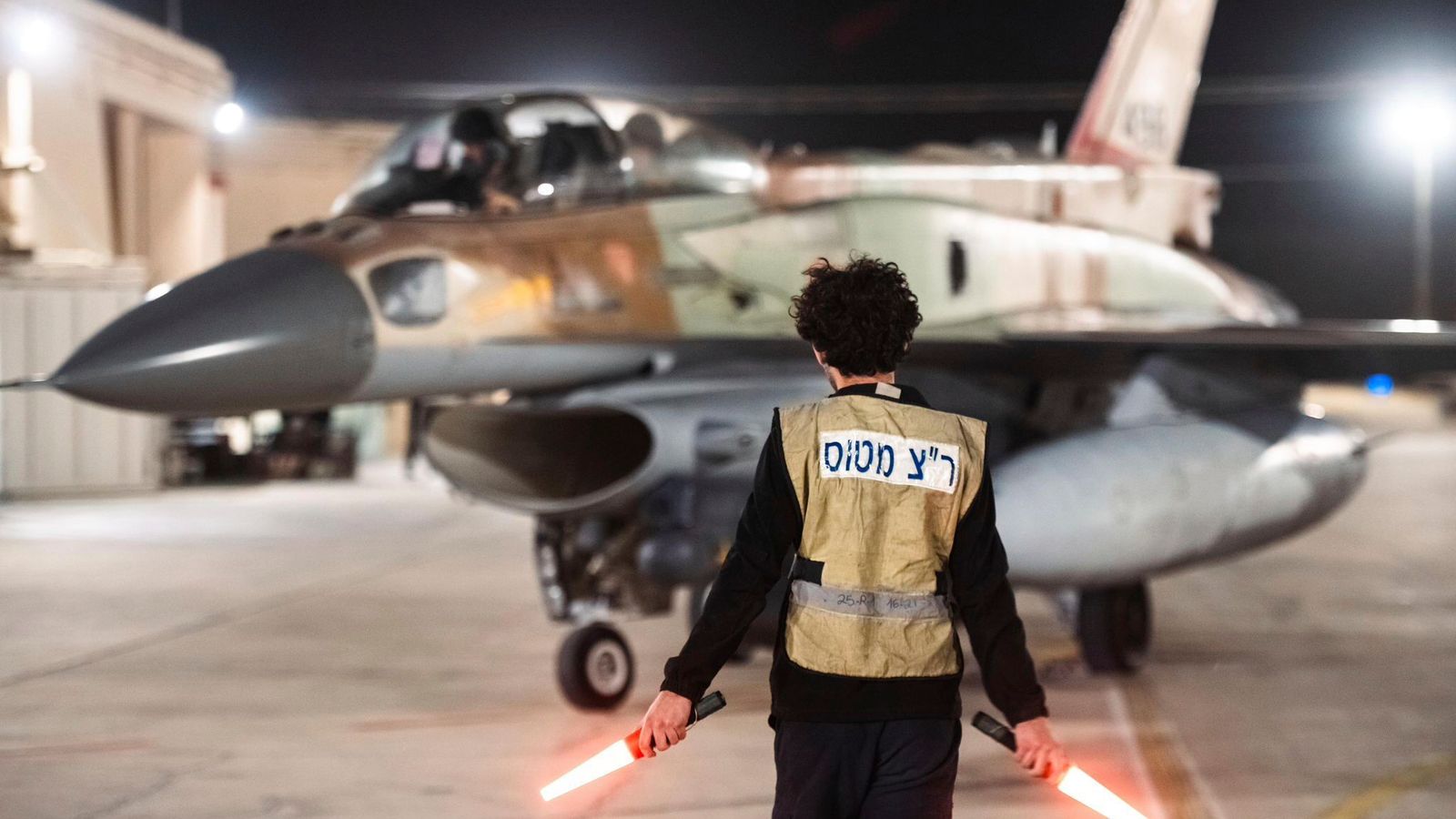
Iran Warns of 'Crushing Response' to Recent Israeli Attacks
Iran’s Supreme Leader, Ayatollah Ali Khamenei, recently issued a strong warning to Israel and the United States, following what Iranian sources claim was a severe Israeli airstrike on Iranian military installations. Addressing students on the eve of the anniversary marking the 1979 U.S. Embassy seizure in Tehran, Khamenei stated that Iran’s enemies would face a “crushing response” if they continue their aggressive actions against Iran, its people, and its regional allies, often called the "axis of resistance."
The recent escalation comes after Israel’s October 26 air raid, one of its most sophisticated operations, targeting approximately 20 critical military locations across Iran. Among the targets were high-priority installations like Iran’s advanced Russian-supplied S-300 air defense systems and key missile production facilities. Israel’s Defense Forces (IDF) reportedly utilized stealth aircraft, including F-35s, for the long-range operation, firing precision-guided munitions from outside Iranian airspace to reduce risks. Israel has yet to officially confirm the full extent of its actions, though it considers this mission a success. Iran, for its part, downplayed the raid's impact but has yet to release an official casualty figure or acknowledge the operation’s scale.
Also Read:- James Van Der Beek Opens Up About Colorectal Cancer Diagnosis
- Will Carrie Ann Inaba’s Time as a DWTS Judge Soon Come to an End?
Iran’s retaliation comes after a chain of cross-border hostilities dating back to early October, with both sides escalating tensions. In early October, Iran launched missile strikes following the Israeli operations against Iran-supported groups like Hezbollah and Hamas. This particular strike reportedly took the lives of several Iranian soldiers and a senior Iranian commander. Iran’s retaliation is seen as part of a broader effort to counter Israel's accusations of Iranian involvement in the recent violence from Gaza, where Hamas’s October 7 offensive tragically resulted in over 1,200 Israeli deaths and led to an escalation that has devastated the Gaza Strip.
Khamenei’s statement reflects Tehran's ongoing strategy to signal its regional influence through an alliance network, which includes Hezbollah in Lebanon and other well-armed factions across Syria, Iraq, and Yemen. Many Western nations classify these groups as terrorist organizations due to their history of violent confrontations and significant weapon stockpiles. This “axis of resistance,” as Iran calls it, has created a considerable network of regional support, though it continues to bring friction with Western and Gulf powers who view it as a destabilizing force.
While Israel emphasizes its actions as preventive measures to safeguard its citizens and reduce threats posed by missile systems close to its borders, these operations have led to significant displacement and casualties, including recent escalations with Hezbollah in Lebanon. Israeli sources report that Hezbollah rockets and missiles have led to multiple deaths in northern Israel and have displaced tens of thousands.
The deep-seated tensions between Iran and the U.S. also loom in the background of this crisis. Relations between the two countries have been on a fraught path since the 1979 U.S. Embassy crisis, a diplomatic standoff that left over 50 American hostages held in Tehran for over a year. This ongoing hostility, marked by diplomatic breakdowns and a series of sanctions, has played a central role in shaping U.S. and Iranian interactions across the region.
As this conflict intensifies, the international community is watching closely, with concerns that further retaliation may not only spiral into a broader confrontation between Iran and Israel but also draw in their respective allies. At this juncture, Israel has signaled that its objectives have been met in its recent strikes, and it now waits to see whether Iran will retaliate or seek a different path to address its grievances.
Read More:

0 Comments